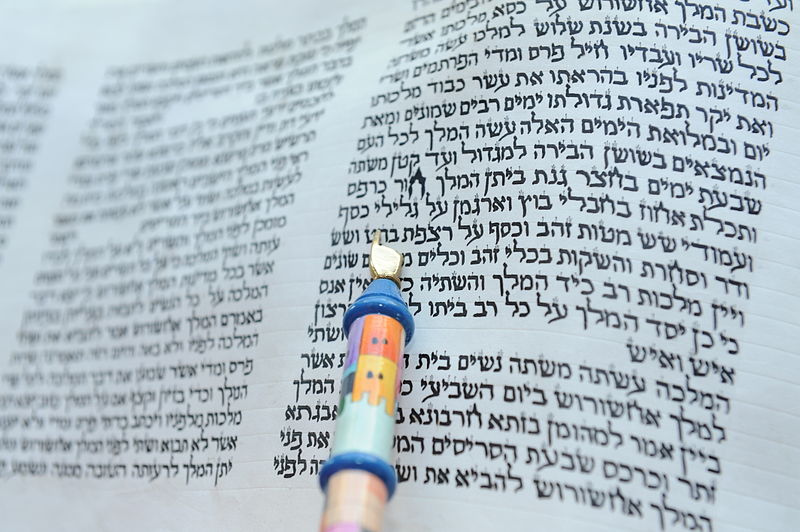Over the centuries, on the 13th of Adar, Jews have fasted to commemorate the historical events in Persia before venturing into a state of triumph and joy with the holiday of Purim.
A significant number of prominent rabbis have considered this fast to be more of a tradition than a requirement. Rabbi Moshe Isserles, a noted 16th-century talmudist and legal scholar, wrote that one may break the Fast of Esther even if one’s “eyes slightly hurt.” Rashi also describes the fast as a “minhag b’alma” (a mere custom), and even challenges those who value it with being too stringent.
Bearing this in mind, we may question the true significance of fasting on this day.
The Gemara in Tractate Megillah discusses the requirement to read the Book of Esther on Purim, both at night and during the day. Two scriptural sources are cited that allude to this obligation. In the first source – “I call by day, but You do not answer” (Psalms 22:3) – the megillah reading is likened to a desperate cry for help. In the second source – “So that my glory may sing praise to You…. O Lord, I will give thanks to You forever” (Psalms 30:13) – the reading of the megillah is compared to esteem for God.
Rabbi Joseph Ber Soloveitchik in his book Shiurei ha-Rav suggests that both of these passages relate to the Fast of Esther and Purim, respectively. When the Jews suffered in Persia, they cried out to God to be redeemed. Only once they were saved, however, were they able to praise God and rejoice at the miracle.
This approach suggests that one cannot truly appreciate Purim without having fasted the day before. Just like our ancestors in Persia, we must first acknowledge the crisis that could have ensued before we are able to rejoice at the miracle. Only then can we take advantage of the celebrations and festivities Purim has to offer.
